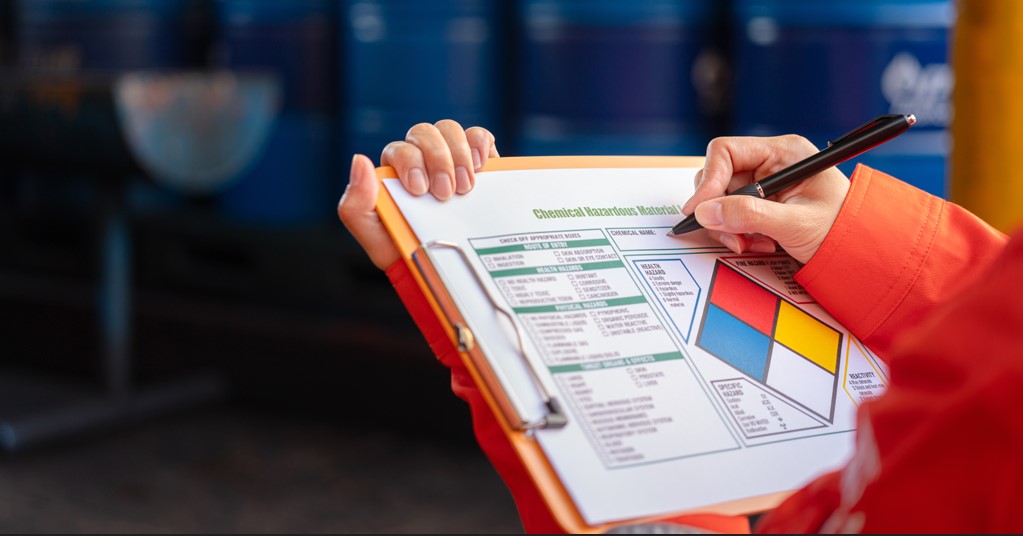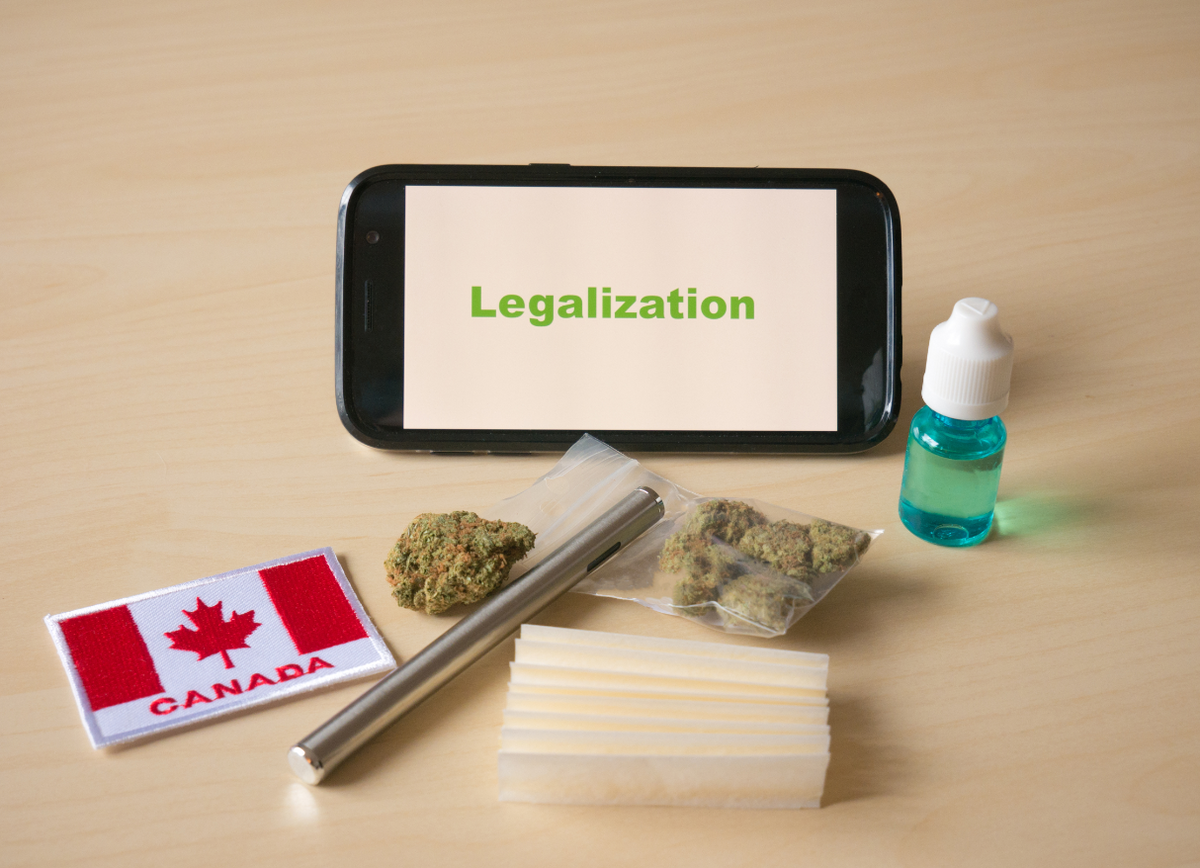
What You Need to Know About Marijuana in the Workplace

Most workplaces in Canada are expecting the occurrence of workplace accidents to increase, especially in safety-sensitive industries. So how can you keep safety top of mind when recreational marijuana is the topic of conversation?
By now, the news about Canada legalizing recreational marijuana (Bill C-45) on October 17, 2018, has sunk in. Heck, you’ve probably even heard employees excited about this new law. Nevertheless, as a business owner with a goal to provide a safe and healthy workplace, uncertainty about marijuana in the workplace is a cloud of smoke on the horizon.
Canadian employers are required by law to ensure safety in the workplace and the new legalization of cannabis rises several new challenges. Although it’s important to take every reasonable precaution to ensure the safety of your workplace, the “Duty to Accommodate” could interfere with any ‘Zero-Policy’ rule.
What is Duty to Accommodate? Employers and service providers have an obligation to adjust rules, policies or practices to enable employees to participate fully in the workplace. Examples of Duty to Accommodate are allowing an employee to take time off to attend a medical appointment, making wheelchair access available to people with disabilities, providing a special screen and software for people with visual impairment.
The Duty to Accommodate extends to medical marijuana. But there are limits to the terms in the workplace such as:
- A prescription for medical marijuana does not entitle an employee to be impaired at work.
- A prescription for medical marijuana does not entitle an employee to compromise his or her safety.
- A prescription for medical marijuana does not entitle an employee to unexcused absences or late arrivals.
The employer is required to attempt to find suitable workplace accommodations for disabled employees who have a prescription for cannabis use, just as would be required for any other disabled employee with a medical drug prescription.
So what do you need to do to protect your workers from marijuana in the workplace?
As a business owner, you can eliminate employee impairment on the job. You have the right to set rules for non-medical use of legalized pot in the workplace in much the same way that employers currently set rules for alcohol. It’s important to ensure your workers are clearly aware of restrictions in the workplace. You can prohibit the use of marijuana at work or during working hours with marijuana prohibited signs.
The top five workplace concerns due to the impact of legalization of recreational pot are:
- Employees operating motor vehicles
- Disciplinary procedures
- Decreased work performance
- Employees using heavy machinery
- Attendance
It’s always a good idea to review your workplace policies that address drug and alcohol use to incorporate new safety requirements to keep employee safety top of mind. Detecting impairment on the job and knowing your rights as an employer are key. If you have any questions about the requirements in your workplace and boundaries, visit the Canadian Centre for Occupational Health and Safety.

